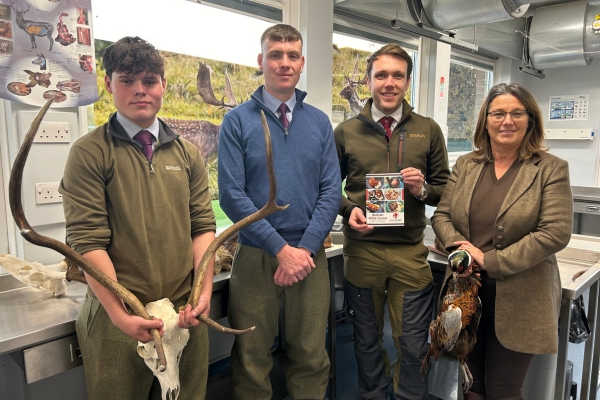
Scottish secondary school students get stuck in to game
BASC Scotland director Peter Clark recently joined Tayside and Grampian Moorland Group coordinator Deirdre Falconer to showcase game to local school pupils.
Get information on the legal shooting season for mammals and birds in the UK.
Apply for funding for your project or make a donation today
Comprehensive information and advice from our specialist firearms team.
Everything you need to know about shotgun, rifle and airgun ammunition.
Find our up-to-date information, advice and links to government resources.
Everything you need to know on firearms law and licensing.
All the latest news and advice on general licences and how they affect you.
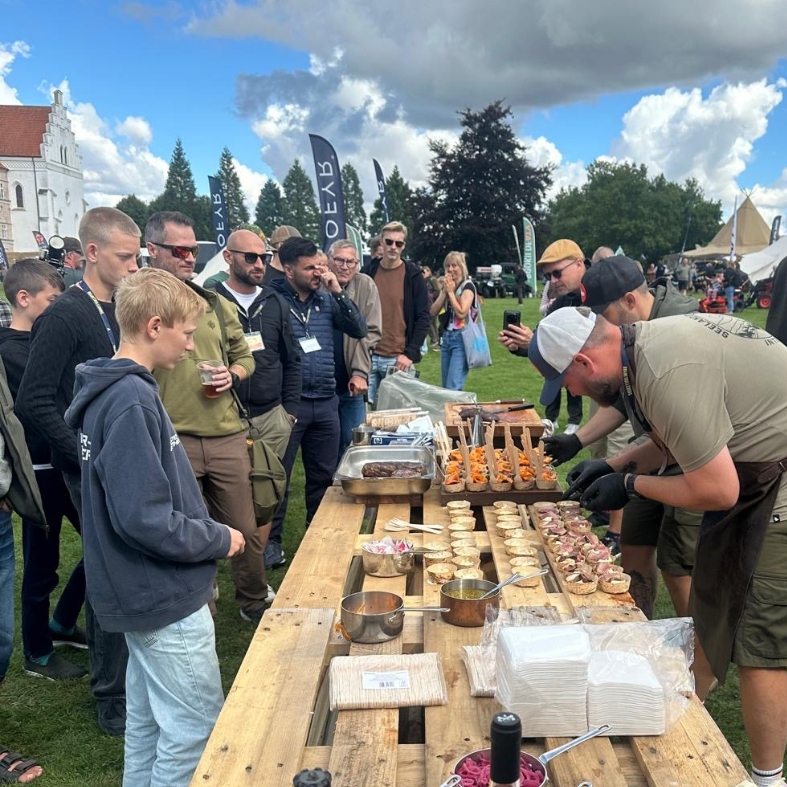

BASC’s head of education and outreach Curtis Mossop reflects on an international youth conference in Denmark. He explains why engaging young people is essential to the future of shooting, conservation and the countryside.
Like many, my passion for nature and shooting was passed down through my family. My father, and his before him, introduced me to the countryside and I hope to do the same for my own children.
Young people are central to the future of shooting. That’s why I was delighted to be invited to the inaugural Kids in Nature conference, hosted at the beautiful Brahetrolleborg Estate in Denmark’s Faaborg region. The two-day event was organised by the Danish Hunters’ Association and SCI Kingdom of Denmark. It brought together education and outreach leads from hunting associations across Europe and the United States.
With almost every European country represented, the event was an invaluable opportunity to share ideas, compare experiences and learn from one another’s challenges.
In Denmark, hunters make up around three per cent of the population, compared to less than one per cent in the UK. Public acceptance of hunting is far higher. In a recent survey, 89 per cent of Danes supported hunting, with only four per cent opposed.
The Danish Hunters’ Association has developed an outstanding youth programme, Bliv Naturlig Vis, which translates as “become naturally wise.” It introduces children to the countryside through hunting and fishing in a way that is both honest and hands-on.
In Denmark, it is perfectly normal for educators to take shot game into kindergartens, teaching children about skinning, butchery and cooking over open fires. Parents welcome this approach, and children are encouraged to push their boundaries, explore and get muddy.
The Danish outlook on education is refreshingly pragmatic. A well-known example came in 2014 when a Copenhagen zoo euthanised a young giraffe. Rather than conceal what had happened, the zoo used the event as an educational opportunity. A public dissection was carried out, attended by both adults and children, and the meat was then fed to lions. In Denmark this was considered a rational, transparent approach. In the UK, the reaction was one of outrage.
This contrast underlines a growing problem at home. Here, many young people are increasingly disconnected from nature, food provenance and the reasons why our countryside is managed as it is. A 2021 study found the average UK child spends just four hours a week outdoors – half the time of the previous generation.
Of course, cultural differences mean our approach to youth engagement must be different. Turning up to a nursery with a muntjac over your shoulder and a brace of rabbits under your arm would not go down well with most parents in the UK. That is why at BASC, while we remain honest and transparent about shooting, we use alternative ways of introducing young people to conservation and the countryside.
And we do it well. At the conference, there was stunned silence when I explained the scale of BASC’s youth work. Since launching BASC to School in 2022, we have engaged with more than 160,000 children, including more than 35,000 this year alone. For a country with far lower public acceptance of hunting than Denmark, this was a figure our international colleagues found hard to believe.
Amid the positivity and excellent workshops at the conference, there was also a sobering reminder from the Polish Hunting Association. In 2018, despite no scientific evidence, the Polish government banned anyone under 18 from taking part in hunting. This included any passive role such as beating on a driven day. The justification was to prevent supposed “psychological damage” to children. It remains a deeply flawed piece of legislation and one the Polish Hunting Association is still fighting to overturn.
The lessons from Denmark, and the warning from Poland, underline just how important our work is. Political engagement and youth outreach are not simply parts of what BASC does. They are fundamental to safeguarding the future of shooting. The Kids in Nature conference reinforced what I have always believed. If we inspire and involve young people today, we give shooting and conservation a stronger, more secure tomorrow.
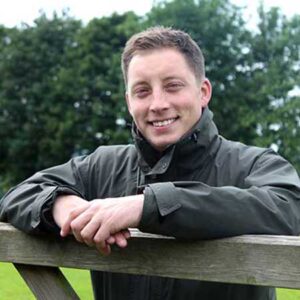

BASC Scotland director Peter Clark recently joined Tayside and Grampian Moorland Group coordinator Deirdre Falconer to showcase game to local school pupils.
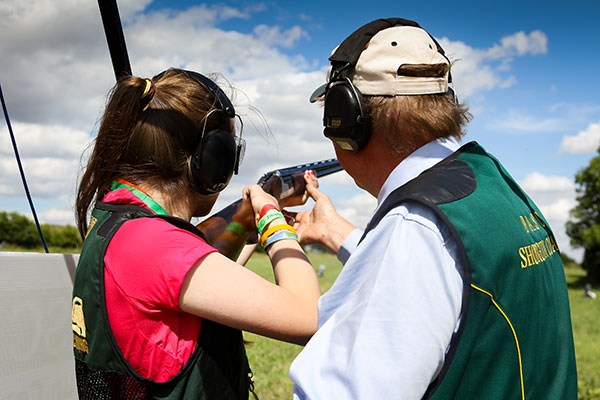
Swap screen time for green time this half term – with nature apps, countryside cooking, and BASC’s Young Shots events, there’s something for every young explorer.
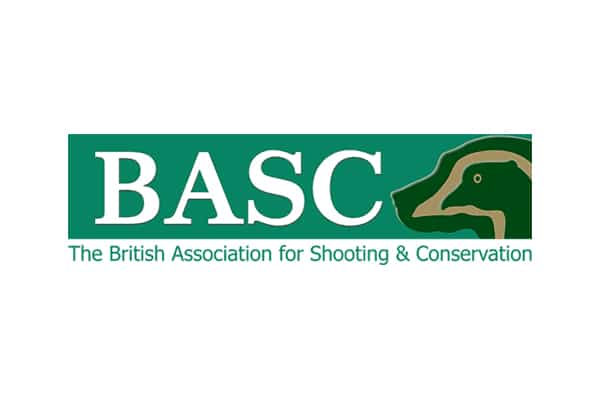
A massive thank you to Conor Lewis of Lavin Guns, for sponsoring our Young Shots Activity Day at North Antrim Rifle and Pistol Club (NARPC).
Lavin Guns